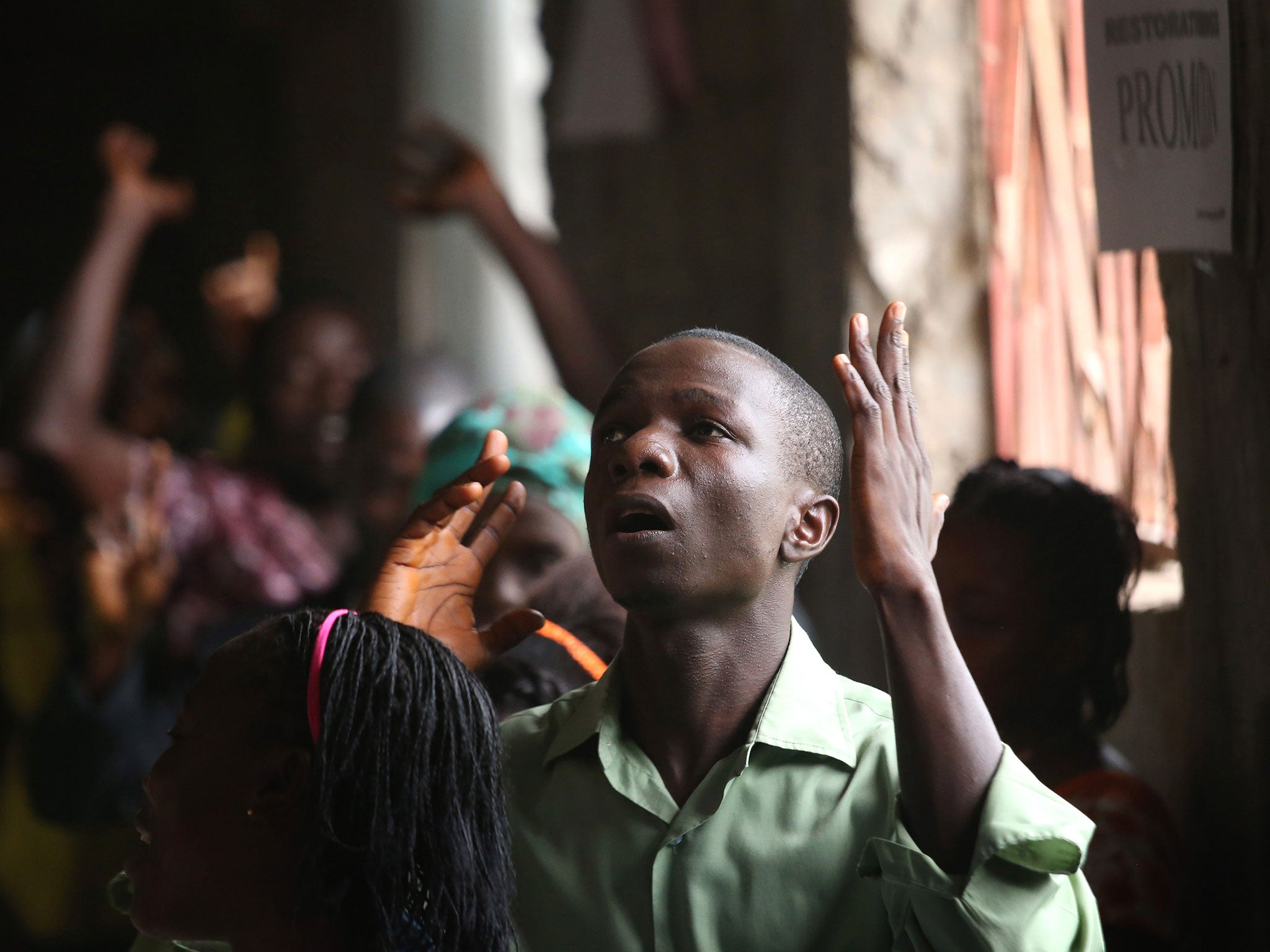Experimental Ebola drug tests 'extremely encouraging'
Success in trial on monkeys suggests ZMapp works if given to patients early enough

Scientists have hailed “extremely encouraging” results in a major trial of the experimental Ebola treatment ZMapp and called for urgent clinical tests in humans.
The drug, which has already been used to treat a small number of victims in the current outbreak, proved much more successful than expected in tests on monkeys.
All 18 monkeys given the treatment recovered, even when it was administered five days after infection with Ebola, according to the study, published in the journal Nature.
The co-discoverer of the Ebola virus said the discovery was “the most convincing evidence to date” that ZMapp could effectively treat Ebola in humans.
Professor Peter Piot, director of the London School of Hygiene and Tropical Medicine, said it was “critical that trials start as soon as possible”.
The announcement came as a case of Ebola was detected in Senegal for the first time. A student from Guinea, where the outbreak began several months ago, had been put under quarantine after seeking treatment, the country’s Health Minister Awa Marie Coll-Seck said yesterday.
He had previously had contact with Ebola patients in Guinea, Ms Coll-Seck said.
Ebola has killed more than 1,500 people and the outbreak shows no sign of relenting. Senegal is the fifth west African country to record a case.
The World Health Organisation (WHO) said yesterday that the past week had seen the highest number of cases so far during the outbreak, with more than 500 new cases since Monday, mostly in Liberia but with high rates of infection persisting in Guinea and Sierra Leone.
ZMapp, of which only very small stocks currently exist, has been used with mixed success during the outbreak.
Two American Ebola patients treated with it have recovered, although it is not known whether it was the treatment that saved their lives. A Spanish missionary priest who received it has died, as has a Liberian doctor who was one of three health workers in the country to get the treatment.

British Ebola patient William Pooley has also been treated with ZMapp at London’s Royal Free Hospital.
Experts believe that ZMapp’s failure in some patients may have been a consequence of late treatment.
A vaccine developed by the US National Institutes of Health and the UK pharmaceutical giant GlaxoSmithKline has also been fast-tracked for tests in humans, it was confirmed this week.
However, experts say that neither treatment is likely to slow the current outbreak in the short term. Even if human trials are successful, it could take months to manufacture sufficient stocks of either the vaccine or of ZMapp.
The WHO predicted this week that the outbreak could eventually affect some 20,000 people.
Join our commenting forum
Join thought-provoking conversations, follow other Independent readers and see their replies
Comments
Bookmark popover
Removed from bookmarks